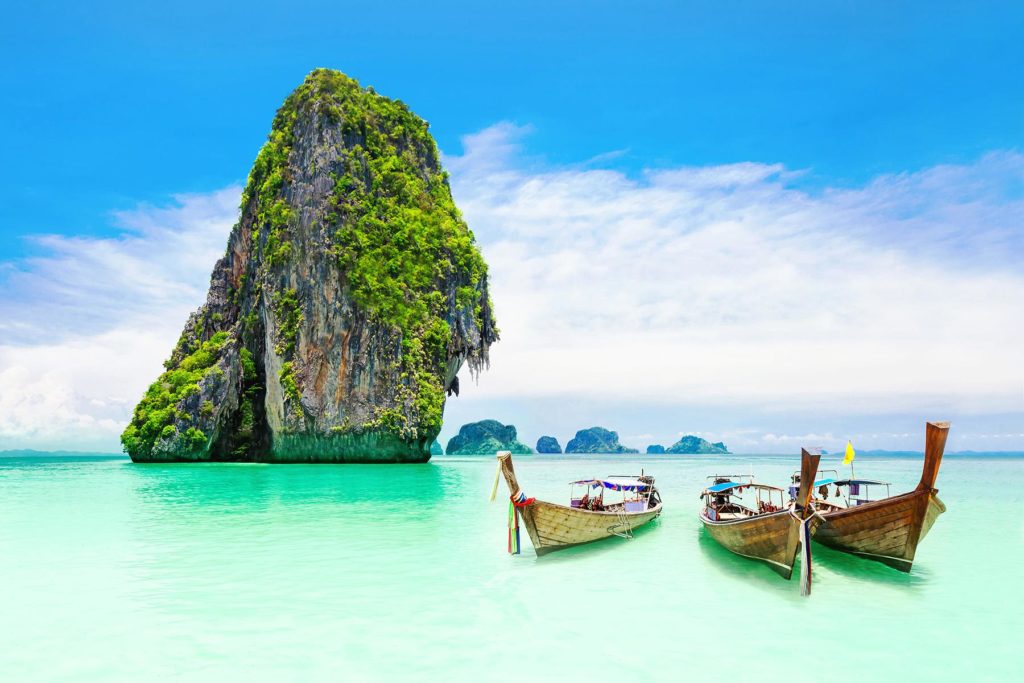According to preliminary visitor statistics released by the Hawaii Department of Business, Economic Development and Tourism (DBEDT), a total of 818,268 visitors came to the Hawaiian Islands in April 2022, representing a 96.3 percent recovery from April 2019 and the highest recovery rate since the start of the COVID-19 pandemic in Hawai‘i.
Visitors spent $1.6 billion in the islands in April, an increase of 21 percent compared to the $1.32 billion reported for April 2019.
Visitor Spending and Visitor Arrivals by Major Market
Of the total visitors, 809,612 arrived by air service, mainly from the U.S. West and U.S. East. Additionally, 8,656 visitors arrived by cruise ships. In comparison, 849,397 visitors (-3.7%) arrived by air and by cruise ships in April 2019. The average length of stay by all visitors in April 2022 was 8.68 days, up from 8.25 days (+5.2%) in April 2019.
The statewide average daily census1 was 236,835 visitors in April 2022 compared to 233,616 visitors (+1.4%) in April 2019.
In April 2022, 514,878 visitors arrived by air from the U.S. West, an increase of 32.5 percent compared to 388,573 visitors in April 2019. U.S. West visitors spent $940.9 million in April 2022, up 72 percent from $547 million in April 2019. Daily spending by U.S. West visitors in April 2022 ($223 per person) was much higher compared to April 2019 ($171 per person, +30.4%).
There were 188,868 visitors from the U.S. East in April 2022, an 18.7 percent growth compared to 159,115 visitors in April 2019. U.S. East visitors spent $422.9 million in April 2022, up 47.5 percent from $286.8 million in April 2019. Daily spending by U.S. East visitors in April 2022 ($242 per person) increased in comparison to April 2019 ($200 per person, +20.9%).
There were 6,749 visitors from Japan in April 2022 compared to 119,487 visitors (-94.4%) in April 2019. Visitors from Japan spent $15.3 million in April 2022 compared to $164 million (-90.7%) in April 2019. Daily spending by Japanese visitors in April 2022 ($231 per person) decreased compared to April 2019 ($234 per person, -1.3%).
In April 2022, 43,107 visitors arrived from Canada compared to 56,749 visitors (-24%) in April 2019. Visitors from Canada spent $88.8 million in April 2022, compared to $100.2 million
(-11.3%) in April 2019. Daily spending by Canadian visitors in April 2022 ($182 per person) increased compared to April 2019 ($154 per person, +18.1%).
There were 56,010 visitors from all other international markets in April 2022. These visitors were from Oceania, Europe, Other Asia, Latin America, Guam, the Philippines, and the Pacific Islands. In comparison, there were 100,686 visitors (-44.4%) from All Other International Markets in April 2019.
In April 2022, a total of 5,171 trans-Pacific flights with 1,085,948 seats serviced the Hawaiian Islands, compared to 5,031 flights with 1,112,200 seats in April 2019.
Through the first four months of 2022, total visitor spending was $5.83 billion, up slightly (+0.3%) from $5.81 billion in the first four months of 2019. A total of 2,812,030 visitors arrived in the first four months of 2022 which was a decrease compared to the first four months of 2019 at 3,376,675 visitors (-16.7%).
Statement by DBEDT Director Mike McCartney:
The month of April brought the highest recovery rate of visitor spending and arrivals since February 2020. It was also the 12th consecutive month in which visitor arrivals from the continental U.S. surpassed the same month’s level in 2019. Daily spending by U.S. visitors increased by 24.5 percent, which supported our communities, businesses, and state tax revenues.
In the next few months, we anticipate and are planning for the return of Japanese visitors. The increase of tour groups from Japan will allow us to continue our pivot towards educating all visitors about Hawai‘i’s culture and managing our state’s resources so they can continue to remain healthy.
Factors playing into travelers’ decisions on where to visit include competition from other destinations worldwide, inflation and currency exchange challenges, fuel prices, labor and supply chain issues, and competitive service and quality levels. To stay relevant and keep Hawai‘i top of mind, it is vital to mālama our home so that it is a place where we want to live and others want to visit.
Continuing to remain vigilant by protecting ourselves and our communities from COVID as the case counts continue to rise is paramount. If we work towards a regenerative (next level of sustainability) stewardship (having the privilege of taking care of Hawai‘i) model, together we can achieve healthy and vibrant communities, businesses, and industries that support an enviable living in Hawai‘i.
Statement by HTA President and CEO John De Fries:
Several international destinations across the globe remained inaccessible to U.S. travelers in the month of April, and Hawai‘i continued to be a preferred destination for many of those travelers from the U.S. West and U.S. East markets. As we move into the summer months, we are anticipating a more robust recovery of our international markets, especially Japan.
HTA continues to work directly with communities across Hawaiʻi to implement the Destination Management Action Plans, and with our industry partners to reach visitors with educational messages before and after they arrive.
As tourism’s recovery continues to fuel our local economy, HTA is guided by the overarching principle of Mālama Ku‘u Home – to care for our beloved home.
Remember, the cultural value of mālama signifies our kamaʻāina way of life, and a community-wide call to action that will enhance the quality of living in Hawai’i for generations to come.
Click here to read: eTurboNews | eTN



 share
share






































